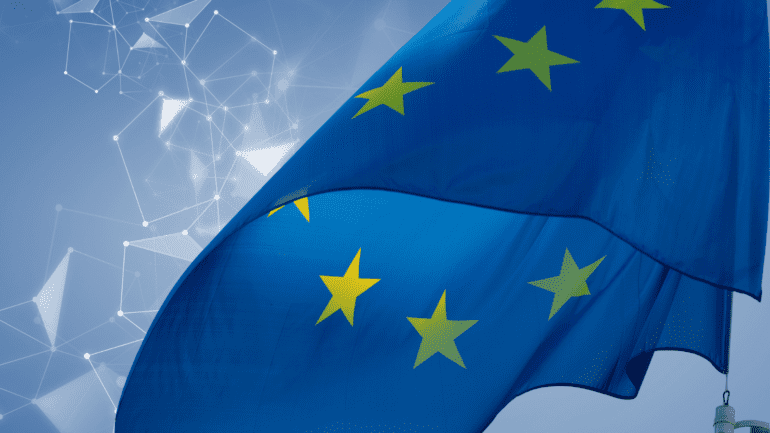TL;DR:
- EU lawmakers face challenges in agreeing on AI regulations, postponing any potential deal until December.
- The draft AI rules require consensus between the European Parliament and member states, with multiple trilogue meetings held to refine the laws.
- Spain, holding the EU presidency, proposes compromise solutions for regulating foundation models and very capable AI systems.
- Critics argue for a more inclusive approach to regulation, emphasizing the risks posed by smaller AI platforms.
- Despite efforts, a final agreement is unlikely at the upcoming trilogue meeting, with a fifth trilogue scheduled for December.
- Failure to reach an agreement could lead to further delays, potentially affected by European parliament elections in June.
Main AI News:
As the European Union strives to establish comprehensive regulations for artificial intelligence (AI), significant challenges remain, pushing the possibility of an agreement to December. This predicament arises as European lawmakers prepare for a pivotal meeting scheduled for Tuesday, with multiple sources familiar with the matter indicating that key issues remain unresolved.
The draft AI regulations, crucial for shaping the AI landscape in Europe, necessitate consensus between the European Parliament and member states. These regulations have undergone three rounds of discussion in trilogues, which are meetings between parliamentary representatives and EU member states aimed at refining the final versions of these pivotal laws.
A fourth trilogue meeting, set to convene on Tuesday, follows closely after a session where EU lawmakers are slated to deliberate on their negotiating stance regarding foundation models and high-risk AI systems. Foundation models, such as the renowned OpenAI’s ChatGPT, are AI systems that undergo extensive training on vast datasets, empowering them to acquire new knowledge and execute a wide array of tasks.
Spain, the current holder of the EU presidency until December, is ardently advocating for a swift resolution and has put forth a set of compromise proposals to expedite the process. These proposals include implementing a tiered approach to regulate foundation models, designating those with over 45 million users as subject to distinct regulations, according to a draft document disclosed to Reuters.
Moreover, Spain is advocating for heightened obligations concerning very capable foundation models (VCFM), such as ChatGPT, including regular assessments to uncover potential vulnerabilities. However, critics argue that smaller AI platforms can pose similar risks, urging a more inclusive approach to regulation.
Spain’s efforts to garner consensus have included consultations with other EU member states in the lead-up to the fourth trilogue. Despite these endeavors, sources suggest that a final agreement is unlikely to materialize during this meeting.
Subsequently, a fifth trilogue is slated for early December. If a consensus remains elusive at that stage, negotiations may spill over into the following year. Moreover, the impending European Parliament elections scheduled for June could further disrupt these deliberations.
Prominent figures, including EU industry chief Thierry Breton and co-rapporteurs for the AI Act, Dragoș Tudorache and Brando Benifei, expressed optimism earlier in the year that the draft legislation could be ratified before year-end.
The journey to formulate the AI Act commenced in 2021, with the European Union making substantial progress by May of this year. During this period, the European Parliament reached a consensus on draft legislation, encompassing new regulations governing facial recognition, biometric surveillance, and other AI applications.
Under these proposals, AI tools are categorized based on perceived risk levels, ranging from low to unacceptable. Governments and enterprises employing these tools will be subject to varying degrees of regulatory obligations, contingent on the tool’s classification.
Conclusion:
The ongoing challenges in reaching a consensus on AI regulations within the EU signify a prolonged period of uncertainty for the AI market in Europe. The delay in finalizing these regulations may deter potential investors and innovators, impacting the growth and development of the AI industry in the region. Additionally, the varying perspectives on regulation suggest that finding a balanced approach that fosters innovation while addressing risks remains a complex and ongoing task for EU lawmakers.

